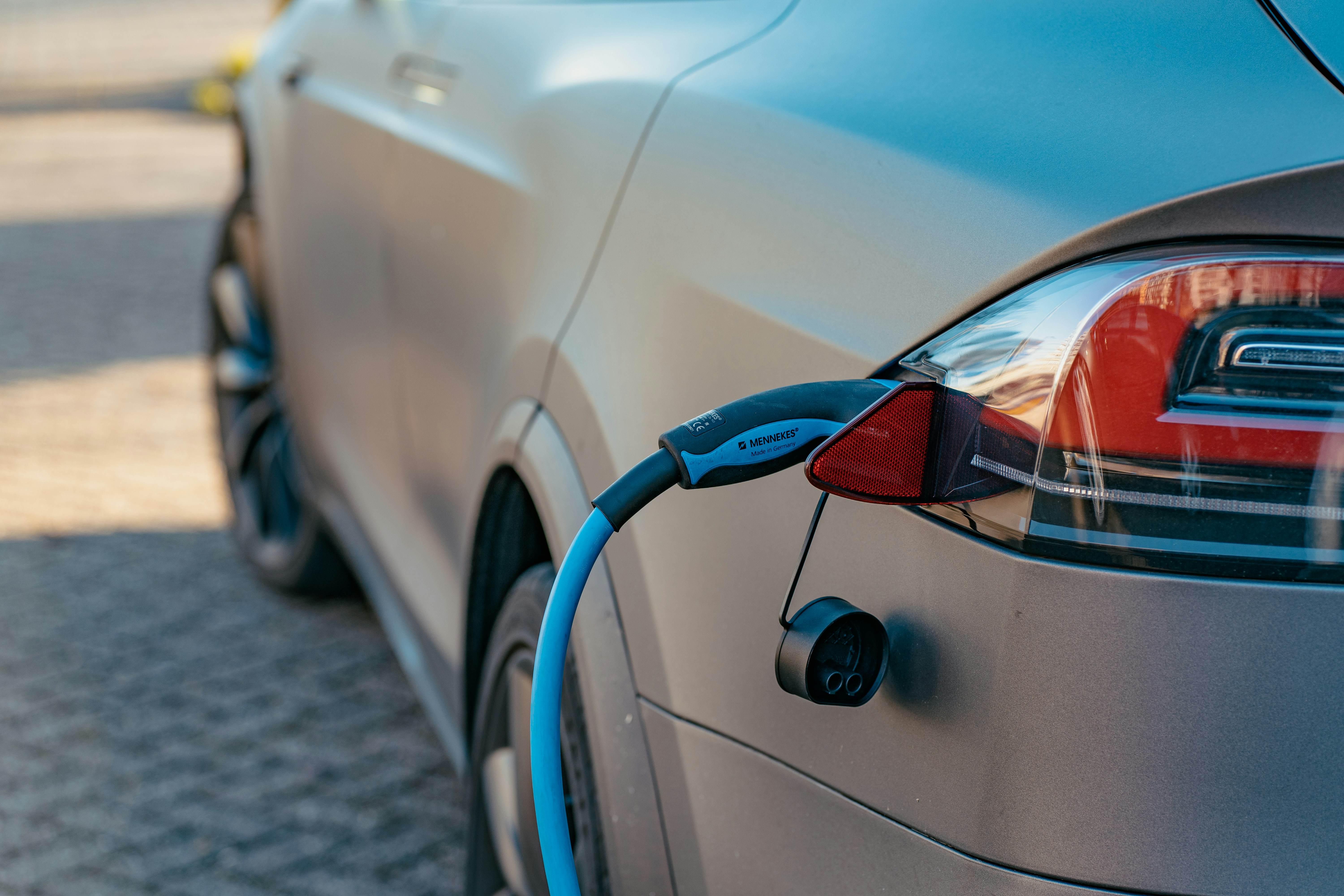Over the past two years Louisiana has transformed itself from a state that is uninviting to private investment in EV charging to one of the nation’s best. Charge Ahead Partnership (CAP) first engaged in Louisiana in 2022 in support of Senate Bill 460, which passed and was signed by the Governor. The bill urged the Louisiana Public Service Commission (LPSC) to consider rates for EV charging that would promote private investment and ruled that charging station providers can sell electricity for EV charging without being deemed a public utility.
Since the passage of SB 460 there has been monumental progress at the LPSC helping to address these issues. The first step came in May 2023 when the LPSC ruled in the Phase I order of Docket No. R-36131 that EV charging station operators can sell electricity for EV charging without being regulated as an electric utility. This ensured that any business could invest in EV charging stations without being subject to LPSC utility rules and brought Louisiana policy in line with most other states across the country.
The LPSC has leveled the playing field in the EV charging market through two major rulings:
In May of 2023, the LPSC ruled that EV charging operators should not be regulated as public utilities, a critical first step for private investment.
The 2023 ruling also required electric utilities to propose rate schedules for EV charging providers, resulting in Louisiana’s utilities filing EV charging specific rates with the purpose of mitigating demand charges.
In August of 2024, the LPSC issued a ruling prohibiting utilities from owning, operating or controlling EV charging stations unless done so through a separate subsidiary without the ability to pass costs onto ratepayers.
In this same ruling the LPSC required all jurisdictional electric utilities to propose rate schedules for EV charging providers. This resulted in Entergy, SWEPCO and three electric cooperatives filing EV charging specific rates with the purpose of mitigating demand charges.
Allowing for the resale of electricity by the kWh by non-utility entities and requiring EV charging specific rates were crucial to attracting private investment, the looming threat of unfair competition from electric utilities remained. This changed with the LPSC’s Phase II ruling in Docket No. R-36131 which addressed utility ownership by approving the staff recommendation that that utilities regulated by the LPSC not be allowed to maintain and operate EV charging stations, instead only allowing unregulated affiliates of utilities that cannot access ratepayer funds to do so. By addressing the ability to resell electricity, EV charging rate structure and competition from regulated utilities Louisiana has emerged at the forefront of EV charging policy across the country.


